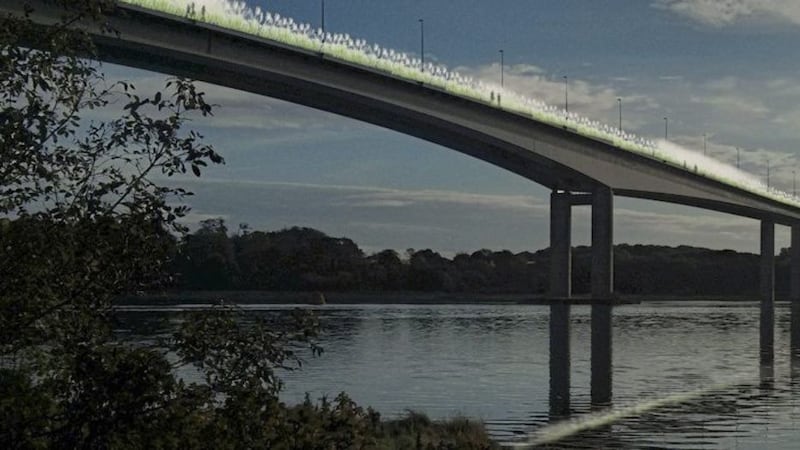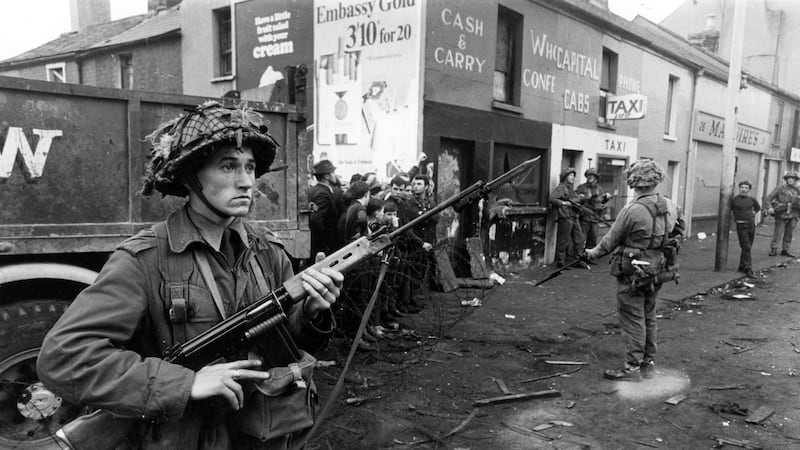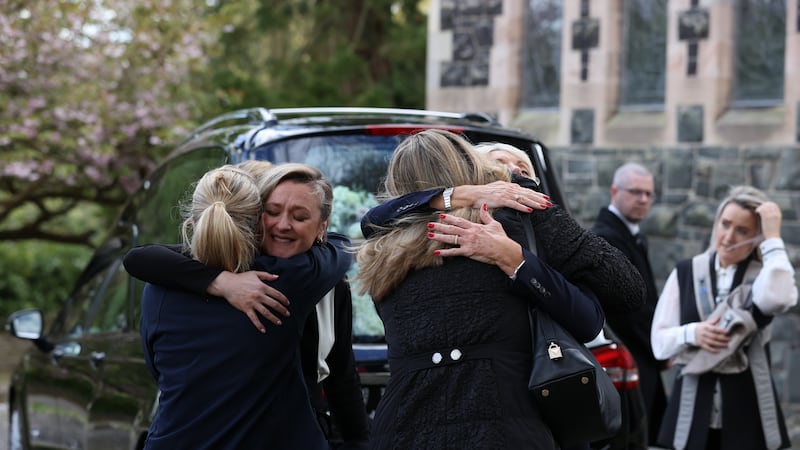Decorating the Tallahatchie Bridge would not have stopped Billy Joe McAllister from taking his own life. Well, I don’t think it would have. The Bobby Gentry song never revealed the reasons why Billy Joe threw himself off the bridge but it gave the impression that there were painful things going on in his life.
I have been very careful of talking dogmatically about suicide since I heard the late Anthony Clare give a lecture in Derry about 30 or more years ago just as the suicide rate was beginning to present itself as a growing and worrying problem. Clare was then the best-known psychiatrist on these islands because of his status within his profession and because of his radio profile.
He told the story of the young woman who worked in his household and who, the week before, had thrown herself off a road bridge on to the oncoming traffic. I remember him saying "I’m supposed to be the expert on these things and I had no notion that she was contemplating suicide".
In former days it would have been claimed that mental hospitals were the best place to learn what was going wrong with society. Those experiencing mental health problems were supposedly manifesting the woes and the disfunctions of the world.
Maybe so, but thankfully the high walled institutions and the locked, austere wards have mainly disappeared. In the meantime, it is psychiatry and psychology that has taken a bit of a hammering.
Anthony Clare helped to make therapy and counselling more attractive and popular but he was very critical of his own profession. He described psychoanalysis as the "most stupendous confidence trick of the century" and the psychiatrist’s couch technique as "more akin to indoctrination than treatment". Clare, with others, injected a fair dollop of humility into what was and sometimes still can be an arrogant and self-important profession.
Mental illness has come out from behind the big walls and is now in the mainstream of medical and political life. It has become the darling of the media and a massive cottage industry has grown up around it. Ironically, as this has been happening, non-specialist medics such as GPs, nurses etc have been encouraged to avoid the over-prescribing of drugs which in themselves have become a problem and are judged to do as much harm as they do good.
These professionals are being encouraged to substitute drugs with social prescribing, which means encouraging their patients to get involved in the ordinary milieu of life; clubs, games, outings, societies, anything that keeps a person physically active and engaged with other humans.
That is an admission that a great deal of mental illness has its roots in society itself. The way we live with ourselves and with others, the way we talk and listen to each other, the way we allow for our own fragility and strengths and see them reflected in others, the way we face up to our own and others mortality, the way we love ourselves and others and a thousand other human responses will greatly determine how healthy or sick our community is.
The quality of those responses might or might not have stopped Bill Joe from jumping off Tallahatchi Bridge or at least have made it easier for him to talk to someone who knew something about stress or depression; someone like a friend or a psychiatrist.
What sparked off these few thoughts was a suggestion coming from the Public Health Authority that the Foyle Bridge in Derry, the site of too many suicides, be decorated with thousands of floral reeds. It would be a massive arts project acting as a preventative to people using the bridge to take their own lives. Accompanied with a project called Foyle Bubble which is a series of pods with high tech accoutrements dotted along the banks of the river. The cost is in the region of twenty million pounds. I think we could spend that money better.
To those who don't know, the Foyle is already one of the great and most beautiful of rivers. To those who don’t know, 60 per cent of suicides are by hanging, 18 per cent are by overdose and 8 per cent by drowning.
We have to do a lot more about suicide. The debate should be honest and self-critical and humble. It should be about services and help for those who are in distress or in pain. But it should also address those aspects of society that causes that pain.








